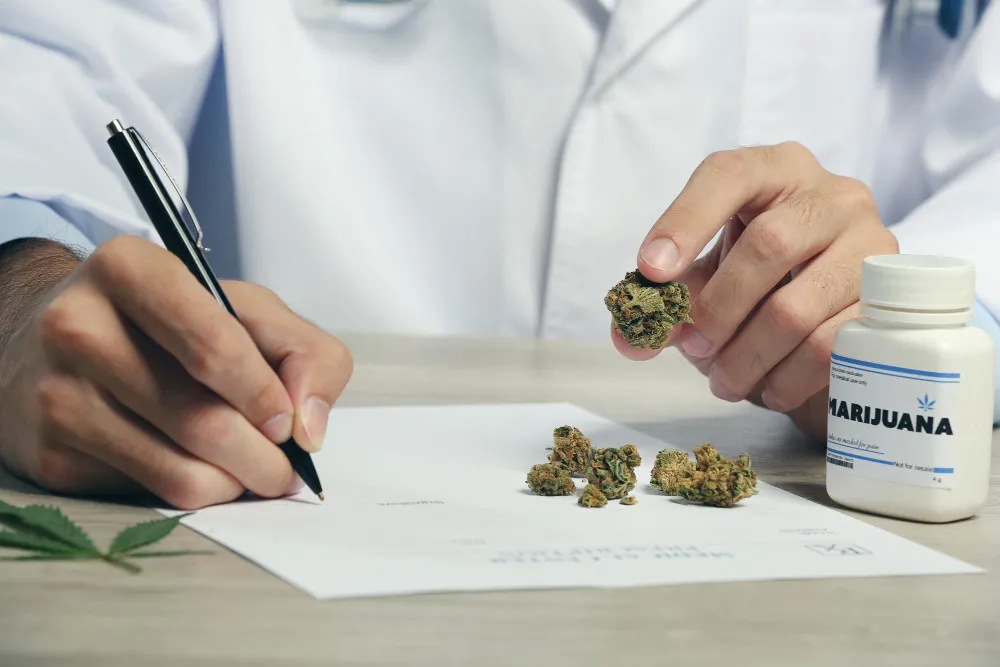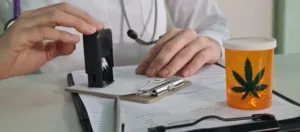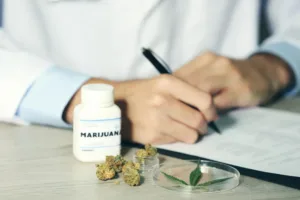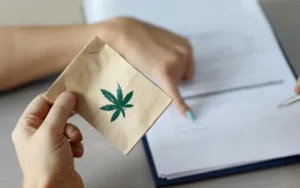
As medical cannabis gains acceptance across the United States, many patients are wondering if they can use their medical marijuana cards while traveling or relocating to another state.
While many states have legalized medical marijuana, not all of them recognize medical marijuana cards issued by other states. Understanding which states accept out-of-state medical marijuana cards and the specific conditions for their acceptance is essential for patients who rely on cannabis for their health.
In this guide, we’ll break down how medical card reciprocity works and which states offer full, limited, or temporary access.
What Does “Out-of-State Medical Card Reciprocity” Mean?
Reciprocity refers to a state’s willingness to recognize a medical marijuana card issued by another state. Put simply, if you hold a valid medical card from State A and you visit State B, reciprocity determines whether State B will let you buy or use cannabis under your home-state card.
Not all states treat out-of-state medical marijuana cards the same way. So, here’s a breakdown of how reciprocity works across different states:
Full Access
Full access states let you both buy and possess cannabis with your valid medical card from another state. You simply present your medical card and identification to purchase legally, just like a local patient.
Temporary or Visitor Medical Cards
Some states allow out-of-state patients to access medical cannabis only after registering for a short-term or visitor card. This provides legal purchase and possession rights for a limited period during a visit.
Limited Access
Limited-access states recognize your medical card only for possession. This means you may carry cannabis legally within the allowed limits, but cannot buy from dispensaries unless you apply for a short-term visitor license.
No Reciprocity
States without reciprocity will not accept your medical card at all. You cannot purchase or possess medical cannabis there under your card. However, if that state has legalized recreational use, adults aged twenty-one and over may still access products through adult-use dispensaries.
Now let’s highlight the states in 2025 that recognize out-of-state medical cards, offer temporary or limited access, or do not accept them at all.
States with Full Reciprocity

Delaware
Delaware fully recognizes visiting patients with valid registrations. You can purchase and possess cannabis just like a local resident.
Louisiana
Louisiana allows out of state medical patients to buy medical marijuana from licensed pharmacies by showing a valid medical card and identification.
Maine
Maine has one of the broadest reciprocity programs in the country. Out-of-state patients can present a valid card and ID at licensed dispensaries without extra registration steps.
Nevada
Nevada recognizes all out of state medical cards. Visitors enjoy the same purchase rights as locals and may even benefit from lower taxes than recreational buyers.
Rhode Island
Rhode Island dispensaries, called compassion centers, allow out of state cardholders to purchase medical cannabis if their ID matches the issuing state.
Washington D.C.
The District of Columbia honors medical marijuana cards from many U.S. states and territories. Visitors can quickly self register online for temporary access.
States Offering Temporary or Visitor Medical Cards
Arkansas
Arkansas permits visiting patients to apply for a temporary medical marijuana card valid for ninety days. But a small application fee applies.
Hawaii
Hawaii offers a sixty day visitor card known as the 329V card. Applications are completed online, and approval allows full dispensary access during your stay.
Kentucky
Kentucky recently launched a medical cannabis program that includes temporary visitor access. Nonresidents with valid cards may purchase up to a ten day supply after registering.
Mississippi
Mississippi grants out of state patients a fifteen day guest license that can be renewed twice a year. Applications are handled online through the state health department.
New Jersey
New Jersey offers visiting patients up to six months of access. Applicants must consult a local medical provider to register for a temporary card.
New Mexico
New Mexico recognizes out of state cards through a reciprocal participant program. Patients register on site at dispensaries for same day approval.
Oklahoma
Oklahoma issues a temporary medical marijuana license valid for thirty days. Visitors must apply in advance and show state issued identification.
Utah
Utah provides a nonresident card valid for twenty one days. Visiting patients must meet Utah’s qualifying conditions and complete a simple online application.
States with Limited Reciprocity
Arizona
Arizona allows visiting patients to legally possess cannabis if they have a qualifying condition matching its medical program. However, they cannot purchase from Arizona dispensaries without an in state card.
West Virginia
West Virginia’s reciprocity rules are extremely limited. Only terminally ill cancer patients from other states may access dispensaries under special provisions.
States with No Reciprocity
California
California does not honor out of state medical cards, but recreational cannabis is legal for all adults.
Colorado
Colorado does not recognize medical cards from other states, but visitors may purchase recreational cannabis.
Florida
Florida restricts its medical cannabis program to residents or seasonal residents. There is no recreational market for visitors.
Illinois
Illinois only issues medical cards to residents, yet recreational dispensaries are open to everyone over 21.
Minnesota
Minnesota limits medical access to residents. Recreational sales are planned but have not yet begun.
Massachusetts
Massachusetts does not allow out of state medical access, though its recreational market remains open statewide.
New York
New York has no medical reciprocity program, but visitors can purchase recreational cannabis through licensed dispensaries.
Pennsylvania
Pennsylvania’s medical program does not include reciprocity for visitors. Only residents can participate.
Virginia
Virginia does not recognize out of state medical patients. Adults may possess small amounts under decriminalization, but medical purchases require a Virginia certification.
Here is a quick recap that will help you see where your medical card is valid in 2025:
State | Reciprocity Type |
Delaware | Full Access |
Louisiana | Full Access |
Maine | Full Access |
Nevada | Full Access |
Rhode Island | Full Access |
Washington D.C. | Full Access |
Arkansas | Temporary/Visitor |
Hawaii | Temporary/Visitor |
Kentucky | Temporary/Visitor |
Mississippi | Temporary/Visitor |
New Jersey | Temporary/Visitor |
New Mexico | Temporary/Visitor |
Oklahoma | Temporary/Visitor |
Utah | Temporary/Visitor |
Arizona | Limited Access |
West Virginia | Limited Access |
California | No Reciprocity |
Colorado | No Reciprocity |
Florida | No Reciprocity |
Illinois | No Reciprocity |
Minnesota | No Reciprocity |
Massachusetts | No Reciprocity |
New York | No Reciprocity |
Pennsylvania | No Reciprocity |
Virginia | No Reciprocity |
Conclusion
Knowing what states allow out of state medical cards helps you plan smarter and travel without unnecessary stress. In 2025, reciprocity remains a patchwork of policies. Some states fully welcome out of state patients, others require temporary registration, and several restrict medical access to residents only.
Always research state laws before you go, and carry your card and identification together. With proper preparation, you can enjoy uninterrupted access to the relief you need wherever life takes you.
If you live in New York or Virginia, MedCert makes getting certified quick and simple. Our licensed providers offer online evaluations and same-day certifications, and can guide you to stay compliant whether you’re traveling or refilling your prescription.








